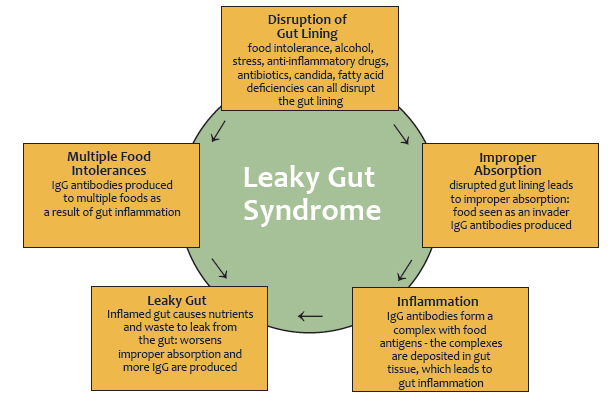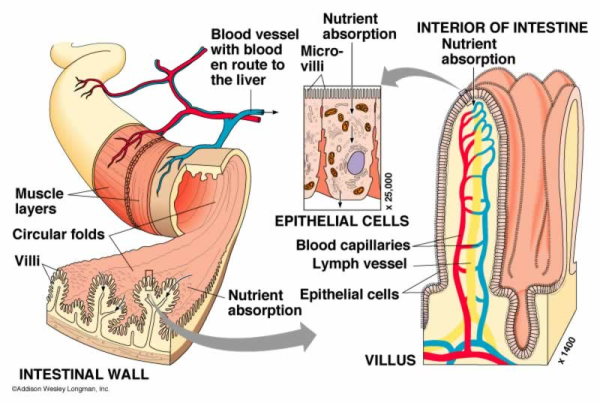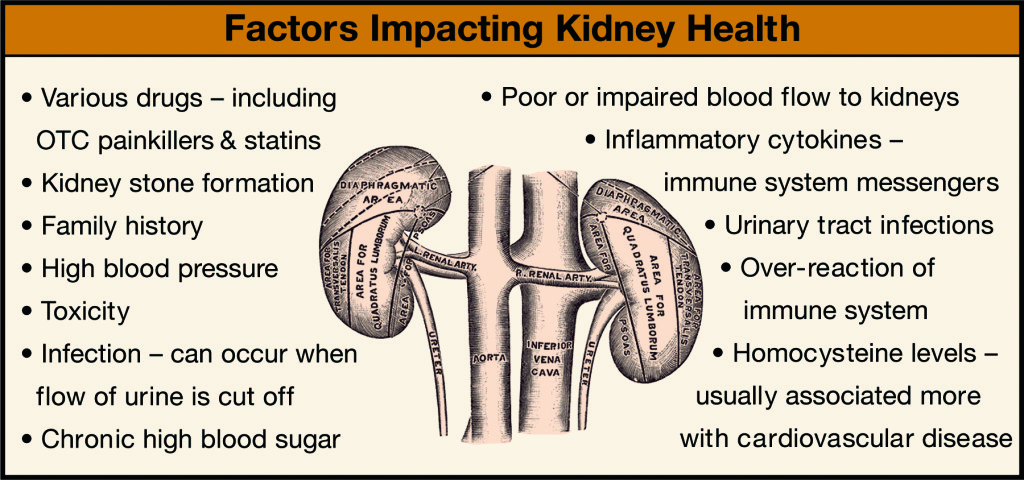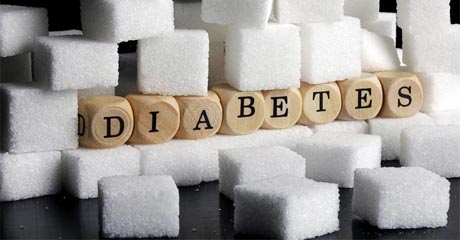Weight Gain From Poor Digestion And Mal-absorption
Weight Gain: A Symptom of Poor Digestion and Mal-Absorption
When you start adding extra pounds, there are several things that come to your mind. Besides thinking about what could be causing the sudden weight gain, you will also be wondering about ways to facilitate weight loss. The first thing that comes to our mind when faced with this situation is that our diet is the source of the extra ponds.
We therefore cut out foods we suspect could be causing the weight gain. Most of the time these foods include; sugars, carbohydrates and fats. To most of us these are the main causatives of weight gain.
In cutting out these foods, we deprive our body of essential nutrients that can only come from such foods.
However there are other factors that cause weight gain. Lack of exercise is one of them. When you eat without exercising, then you will certainly add weight.
Some health conditions such as allergies, bacteria over growth, yeast infections, thyroid disease and insulin resistance among others can also cause weight gain. Mal-absorption and poor digestion can as well contribute to weight gain.

Absorption disorders
They are also referred to as mal-absorption syndromes. It occurs when food is not properly digested and nutrients from the diet are not absorbed into the blood stream as they should. These nutrients include among others, minerals, proteins, vitamins, fats and carbohydrates in form of starch and sugars.
Mal-absorption syndrome is not in particular a disease but it results from other health conditions. Digestion involves the breakdown of food so that it can be in a form that can easily be absorbed into the blood for the overall wellness of the body. It takes place in the gastrointestinal tract.
During the break down of food, the nutrients are absorbed in the small bowel. The mucosa, which is the small intestine lining, facilitates absorption of nutrients due to the villi and micro villi that provide a large surface area for this absorption. There are also specialized cells that are used to enhance this absorption of nutrients.
Mal-Absorption and Digestive Disorders and Weight Gain
It is common knowledge that if you want to lose weight, then you have to burn more calories than what you take in your diet. One of the main reasons why weight gain is common among a number of folks is the fact that people eat a lot and refuse to exercise. Your diet contributes to most of the weight you add. Following that up with exercises will ensure that the more calories you eat the more are lost. Due to this, adding weight will not be a part of you.
As seen however, conditions such as poor digestion and mal-absorption can lead to weight gain. How does this happen?
Poor digestion means that food is not being digested properly. This is followed by poor absorption of nutrients from the food into the blood.
Body wellness depends on the general condition of the body. Nutrients are essential for the health of a person. You have heard that lack of nutrients can lead to weight gain. What most people believe is that lack of nutrients will make you thin. This is not the case.
Nutrients such as carbohydrates, proteins, fats and vitamins are necessary in the body. If there is poor absorption of these nutrients, they end up accumulating in the body and this causes you to gain weight.
Carbohydrates in particular are converted into fats which are deposited in the tissues. When combined with fats in the body, they end up causing immense weight gain. So as you see, mal-absorption will not necessarily make you lose weight.

Poor Digestion and Mal-Absorption Natural Treatment for Weight Loss
When food is not properly being digested, it means that it will not be broken down into essential nutrients. This means that the body will not get the necessary nutrients form the diet. This results in weight gain.
In the same way mal-absorption disorders results in malnutrition and the result is weight gain. So how do you manage this?
The best way to induce weight loss is to do lots and lots of exercise. Don’t just eat. Eat and engage in plenty of exercises.
Also reduce your intake of carbohydrates and fats. Normally carbohydrates are broken down into sugars. When there is poor digestion and absorption, carbohydrates are converted into fats and these are deposited in the body. This leads to weight gain. So therefore why don’t you reduce the amount of carbs and fats you take into the diet?
This information can be found at www.awaremednetwork.com for free. Dr. Dalal Akoury will provide more information about absorption and digestive disorders and how they contribute to weight gain. She has for many years provided wise counsel to patients who bear testimony to her amazing works. Just visit AwareMed for more wellness and awareness tips.
Weight Gain: A Symptom of Poor Digestion and Mal-Absorption







 Are Low-Carb Diets a Heart Health Risk?
Are Low-Carb Diets a Heart Health Risk?













 Blood sugar is root-controlled by 3 major organs; pancreas, liver and the
Blood sugar is root-controlled by 3 major organs; pancreas, liver and the 







